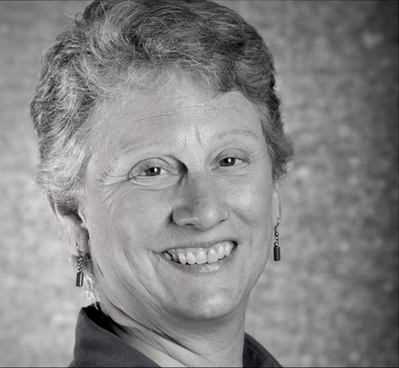Women’s Health and Reproductive Justice
 Sarah was a sophomore in college when she found out that she was pregnant. This was before Roe v. Wade, during a time when women had few options. She was referred for counseling to a member of the Clergy Consultation Network Service, an underground organization of ministers and rabbis who were able to direct women to safe providers of abortion if they wanted to terminate. Sarah did, and traveled out of state to a legal clinic in New York City, in a state which had legalized abortion.
Sarah was a sophomore in college when she found out that she was pregnant. This was before Roe v. Wade, during a time when women had few options. She was referred for counseling to a member of the Clergy Consultation Network Service, an underground organization of ministers and rabbis who were able to direct women to safe providers of abortion if they wanted to terminate. Sarah did, and traveled out of state to a legal clinic in New York City, in a state which had legalized abortion.
Marie was a mother of two young boys, 9 and 6 years old. She was pregnant but struggling because her marriage was in trouble and she wasn’t sure if she should have another child if divorce was imminent. She approached her minister who encouraged her to go to a local women’s health clinic to have some of her questions answered. She returned to the minister and said she was going to bring another child into the world and would get ready to support it whether or not her marriage continued.
Probably no other public policy issue has emerged based upon the very private and personal stories of women who find themselves in either an unwanted pregnancy or a desired pregnancy which does not develop normally threatening either the life or health of the woman or the viability of the fetus. But no other public policy is argued so vociferously and in such a divided manner as this one. Pro-choice! Pro-life! And, it seems, never the twain shall meet.
The United Church of Christ as a denomination heard those stories early on and took them seriously. It heard of women who died after illegal and unsafe back alley abortions and began its advocacy to legalize abortion as a medical necessity in the 1960’s. The UCC became part of the interfaith movement to support the right of women to have control over their own lives and bodies when it came to family planning, including the right to terminate a pregnancy. The UCC was a founding member of what is now the Religious Coalition for Reproductive Choice in 1973 and many UCC clergy have been and still are active with the clergy support network of Planned Parenthood. UCC members and clergy serve on the boards of local clinics and provide counseling for clients who want and need to talk about issues of faith.
The guiding faith principle for the UCC has been one of compassion – compassion for women who are faced with a very personal decision who have the right and the moral agency to make that decision based on her own religious beliefs and convictions. Over the years, the UCC has opposed all efforts to overturn Roe or to limit access to medically safe and legal reproductive health care. The UCC opposed the Hyde Amendment which prohibits the use of federal assistance to pay for abortion which makes it more difficult for poor women to access health care, and we have advocated that contraception be covered by all health insurance plans.
Finally, the United Church of Christ upholds the principle of religious liberty, understanding that there are many differing beliefs rooted in faith about when protectable human life begins. Some belief it begins at conception while others believe that it begins when the first breath is taken. It is a violation of the First Amendment to impose one religious perspective on this very complicated, personal matter.
The stories of women matter.
Rev. Loey Powell is a retired UCC national staff member, minister, and advocate for gender justice
Related News
United in Solidarity with Unions and Workers
“In the workplace, two factors greatly influence wages, benefits, and working conditions:...
Read MoreState of the (Dis)Union: Our Constitutional Crisis
In the 45 days since Inauguration Day, we have witnessed overwhelming changes in our federal...
Read MorePlanning for Earth Month: Resources for Congregations
April is Earth Month, and for congregations, it can be a great time to further discern how...
Read More

